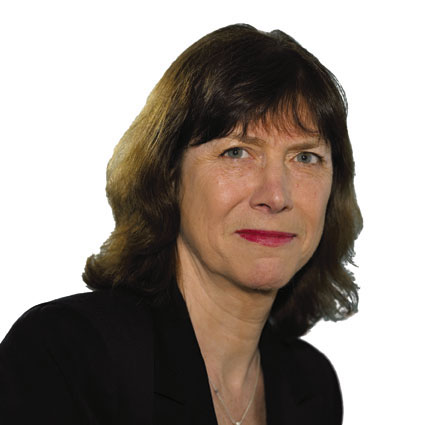It’s possible to realise a bigger vision and stay independent
You have to be nimble in design. Anyone who has run a consultancy will tell of the thrills and spills involved in staying in business in such a volatile, and often undervalued, sector.
It’s no fun losing pitches, laying off staff or paying off partners quitting the group. Successful management buyouts are, meanwhile, relatively rare and given the amount of management time they take to effect can dent a group’s fortunes at a time when the new team wants to progress.
But most people in design love what they do, regardless of the perils, and, being of a creative, entrepreneurial bent, constantly find new ways to do business. With the fad for selling to a global network largely past, we’ve seen collaboration of various kinds, both locally and internationally.
It is not surprising, therefore, that seasoned trooper Stuart Spooner advocates it as a means of developing a business, via one of the many regional networking groups (see Business Insight, page 25). Creative Shropshire has clearly worked for him, and we hear similar tales from others who have taken an active role in local initiatives.
But many consultancy bosses have a bigger vision, be it global or multidisciplinary. How to achieve this and still stay independent is the issue they constantly face.
One model frequently cited is Pentagram. ‘We want to be like Pentagram’ has been the rally cry of so many start-ups with aspirations for quality work and the cross-fertilisation that can come from multidisciplinary practice.
Pentagram has had its troubles of late, with the London office reportedly coming under financial pressure. Partners have gone and others have joined – notably Harry Pearce and Domenic Lippa – as the supergroup enters the next phase of development.
It now has its critics where once there was just praise, but there is still a lot to be said for its approach. Separate profit centres contributing to the welfare of the whole is surely a good business model. It has certainly proved a creative success for Pentagram over many years.

LYNDA RELPH-KNIGHT, EDITOR
-
Post a comment




